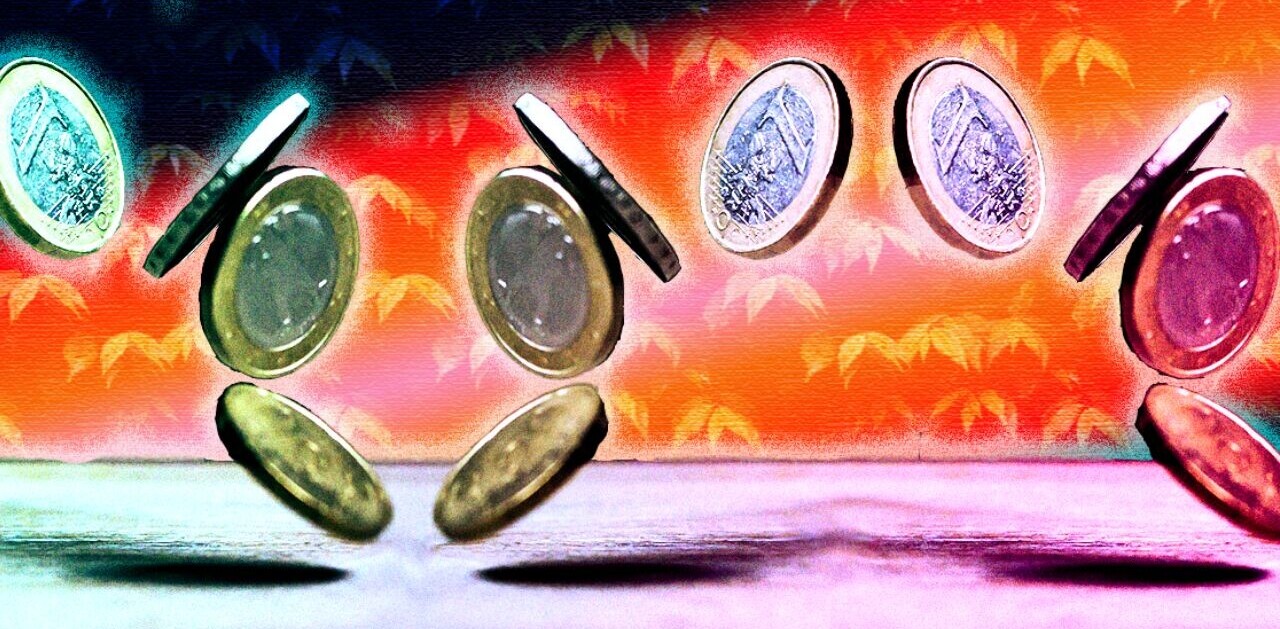
This post was written by Herbert Lui and edited by Robleh Jama, and originally appeared on the Busy Building Things blog. Companies like Facebook and Shopify renew their inspiration by using our art products.
In an age where social media runs rampant with humblebrags and constant barking, humility grows scarcer every day. While this trend may not appear to have any face value, it holds significant implications for your personal achievements, your team building and relationships, and a more realistic projection of the future.
Embracing humility, and being humble, doesn’t mean never talking about your achievements and accomplishments. As 19th century author and preacher Charles Spurgeon eloquently explains it:
Humility is to make a right estimate of one’s self. It is no humility for a man to think less of himself than he ought, though it might rather puzzle him to do that.
Let’s explore some of the modern benefits of humility, and why the best entrepreneurs and makers are humble…
Humility pushes you to achieve more
On a personal level, discussing your goals with others could make you less likely to achieve them. In a post on his blog, CD Baby founder and TED speaker Derek Sivers summarizes a few studies that examined this pattern. For example:
NYU psychology professor Peter Gollwitzer has been studying this since his 1982 book “Symbolic Self-Completion” (pdf article here) — and recently published results of new tests in a research article, “When Intentions Go Public: Does Social Reality Widen the Intention-Behavior Gap?”
Four different tests of 63 people found that those who kept their intentions private were more likely to achieve them than those who made them public and were acknowledged by others.
As Sivers sees it, once you’ve told people of your intentions, you receive a “premature sense of completeness,” thus removing a powerful piece of leverage and momentum that could be used in the future.
If you do let friends know about your goals, Sivers recommends making the message more of one about dissatisfaction and accountability (“I want to talk to three prospective clients by the end of this week, so kick my ass if I don’t, OK?”) instead of satisfaction (“I’m going to talk to three prospective clients this week, I’m so excited!).
It’s futile to brag about things that haven’t happened yet. Instead, remind yourself that these future events aren’t set in stone — and success isn’t the only possible outcome. Be grateful that you have someone to listen to this and keep you accountable. Whether it’s between friends, or collaborators and colleagues studies show humility to be a trait we value in others.
Humility builds better teams
Politician and environmental activist Al Gore once recalled an old African proverb that said, “If you want to go quickly, go alone. If you want to go far, go together.”
Generally, it takes a group of people to build awesome things on a large scale. Developers group together at demos, hackathons, and meetups to share ideas. Agencies are recognizing the power of interdisciplinary teams.
A large part of being a good maker means enabling others to work at their best. In contrast to the typical image of a dominating and authoritarian leader, the late Robert K. Greenleaf (who had worked with AT&T, MIT, and American Foundation for Management Research) introduced the concept of Servant leadership:
The difference manifests itself in the care taken by the servant-first to make sure that other people’s highest priority needs are being served. The best test, and difficult to administer, is: Do those served grow as persons? Do they, while being served, become healthier, wiser, freer, more autonomous, more likely themselves to become servants? And, what is the effect on the least privileged in society? Will they benefit or at least not be further deprived?
Studies show that servant leadership had positive effects on social relationships:
In response to questions about what outcomes humble leader behaviors produced we heard general comments about increased relational satisfaction, loyalty, and trust…
It’s not just team members that appreciate humility; investors and venture capitalists do as well. Revolution chairman and CEO, and AOL co-founder Steve Case tells Inc. Magazine that while an entrepreneur passionate about the product and confident in her team is important, he also looks for qualities such as humility and honesty in the entrepreneurs he supports.
Similarly, The Foundry Group founder and managing director, Jason Mendelson, says in an interview with Entrepreneur Magazine:
The difference between arrogance and confidence is self-awareness. The confident leader is self-aware of their customer’s needs, their company’s culture and the rapid changes that occur in their industry.
The difference between arrogance and confidence is self-awareness.
The downfall of arrogance
Creativity is an essential ingredient to making awesome products and services. Yet studies show that measures of creativity are negatively correlated with measures of honesty and humility. Does that mean being more arrogant will breed creativity?
Not exactly — correlation simply illustrates the relationship between two qualities. There’s no evidence that arrogance breeds creativity (or vice versa). And it’s foolish to believe that all creative people are arrogant all the time; rather, in Claremont Graduate University Professorand author Mihaly Czikszentmihalyi’s words:
Creative people are humble and proud at the same time. It is remarkable to meet a famous person who you expect to be arrogant or supercilious, only to encounter self-deprecation and shyness instead.
Yet there are good reasons why this should be so. These individuals are well aware that they stand, in Newton’s words, “on the shoulders of giants.” Their respect for the area in which they work makes them aware of the long line of previous contributions to it, putting their own in perspective.
They’re also aware of the role that luck played in their own achievements. And they’re usually so focused on future projects and current challenges that past accomplishments, no matter how outstanding, are no longer very interesting to them.
At the same time, they know that in comparison with others, they have accomplished a great deal. And this knowledge provides a sense of security, even pride.
Always remember: arrogance — even in the most creative individuals — can be a deal breaker.
Entrepreneur Steve Blank highlights the downfall of arrogance with TiVo. Instead of going with the label “a better VCR” — which consumers understood the product to be, they spent a vast amount of funds on carving out their own niche — Digital Video Recorders. Their continued attempts in the next five years to convince customers that their product was much more than a better VCR contributed significantly to their downfall.
Closing thoughts
“True humility is not thinking less of yourself; it is thinking of yourself less.” — C.S. Lewis
Humility isn’t about underestimating yourself. It doesn’t do anyone any good, least of all yourself, to downplay your own achievements and abilities. Rather, humility is a tempered, realistic, estimate of your own abilities and involves being conscious of your own shortfalls, not putting any tasks beneath you, and enabling team members to execute at their highest level.
Be warned; being self-deprecating could negatively affect people’s perceptions of you — and adversely affect your future opportunities. In an earlier post, I examined how to brag gracefully. Yet it’s worth considering the virtue of humility, as philosopher Chang-Tsai explains it:
If you can doubt at points where other people feel no impulse to doubt, then you are making progress.
Get the TNW newsletter
Get the most important tech news in your inbox each week.






